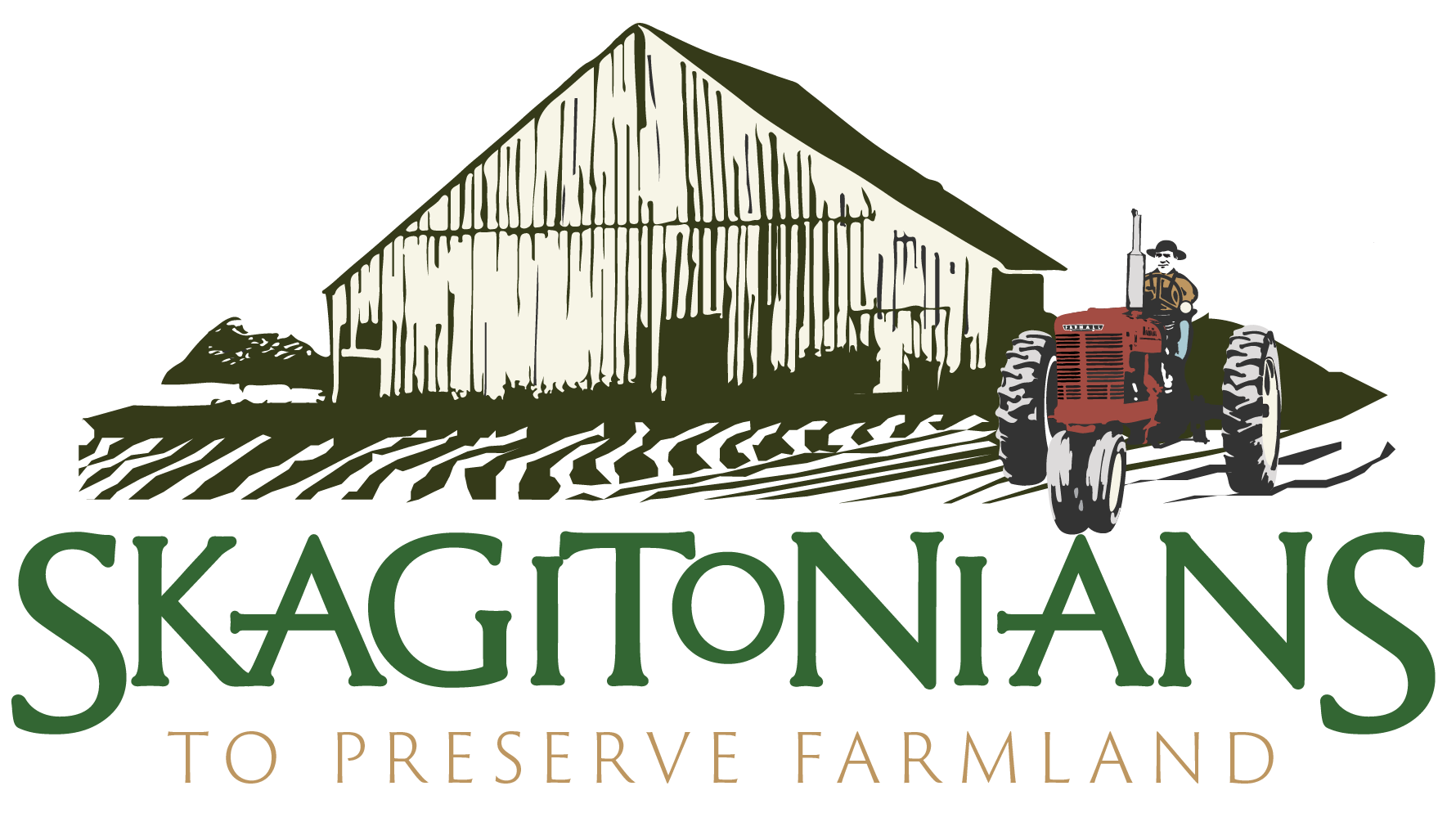The Dirt Issue 12 - Sustainability in a Petroleum World
The last issue of The Dirt dealt with sustainable agriculture, specifically as it relates to soil health. In this edition of The Dirt we explore the topic further.
Sustainability--preserving what we now have in order to pass it along to future generations in as good, if not better, condition than we inherited it--affects many aspects of our world, but none more than agriculture. One area that gets a lot of attention is agricultural practices that rely heavily on petroleum-derived inputs. In many parts of the country, the agricultural industry has focused on commodity-based yields, relying on monoculture to grow the same crops, in the same manner, year after year.
As we continue to lose farmland in Skagit Valley, Puget Sound, and around the country, keeping yields at a set or increasing rate requires an ever--larger load of fertilizers, pesticides and herbicides--agrochemicals derived, in the main, from petroleum.
Simply eliminating petroleum from food and fiber production doesn't solve our problems
But to keep things in perspective, even if you take both agrochemicals and propulsion uses off the table, fossil fuel sustainability is vital to agriculture, and the world at large, over the foreseeable future. The reality is, other than water, there is no naturally-occurring liquid we rely on more than petroleum.
What many might find surprising is that approximately 13.5% of the petroleum in the United States is not burned for energy but is used to manufacture other products - for natural gas the figure is around 4.1%. The list of non-fuel products derived from petroleum and other fossil-based resource processing touches on nearly every sector of life from sanitation to food preservation, medicines to the internet-connected device you are using to read this article.
The link to petroleum is found everywhere on a farm: essential items such as drip irrigation lines, greenhouses, produce bins, equipment components and tools of every description are all, in part, derived from petroleum. It's an exhaustive list of products and all our lives are better for them.
Simply, petroleum has been known to mankind for thousands of years, and, just over the last 200 years or so, has enabled a surge in food production, economic prosperity, transportation networks, and lifestyle improvements that have benefited people all around the world.
But there are trade offs-some economic, some environmental. Clearly, it is not a black-and-white situation.
Skagit Valley agriculture has gone a different way
Many of the inputs and practices used in conventional farming are also effective in sustainable agriculture. But as a farmer chooses, for reasons of maintaining or enhancing productivity and profitability, to rely more on natural, renewable and from-the-farm inputs, those choices move the operation further along the sustainable agriculture continuum.
The Skagit Valley has followed sustainable methods since long before the concept of sustainability gained traction. In a relatively small agricultural area, about 90 commercial crops are grown on an annual basis. That remarkable diversity, coupled with the decades-long practice of extensive crop rotation and soil husbandry, is how things have been done right from the beginning.
The result: a rich, vibrant and highly productive region set on a path of decreasing dependence on agrochemical inputs for the simple reason that
they aren't needed.
In addition to sustainable farming practices found in our crop rotation system, Skagit County now has over 10,000 acres of farmland permanently preserved as of 2016. This too is helping Skagit agriculture move positively along the sustainability continuum as each acre preserved takes pressure off to increase harvest yields through agrochemical inputs.
Does petroleum have a future in sustainable agriculture?
Yes, absolutely. Although agrochemical inputs may decrease in sustainable agriculture, there is currently no substitution for the petroleum-based products found down the farming operation line--not on a wholesale scale, anyway.
While there is no alternative for the vast molecular powerhouse that is petroleum, the real focus should be on finding renewable substitutes where we can while using petroleum's many benefits with care and concern for the future of agriculture and our world.
Remember that sustainable agriculture does not refer to a prescribed set of practices. Instead, it challenges producers to think about the long-term implications of practices and the broad interactions and dynamics of agricultural systems.
Petroleum has a role to play; it is in our interests to consider well exactly what that role should be.
